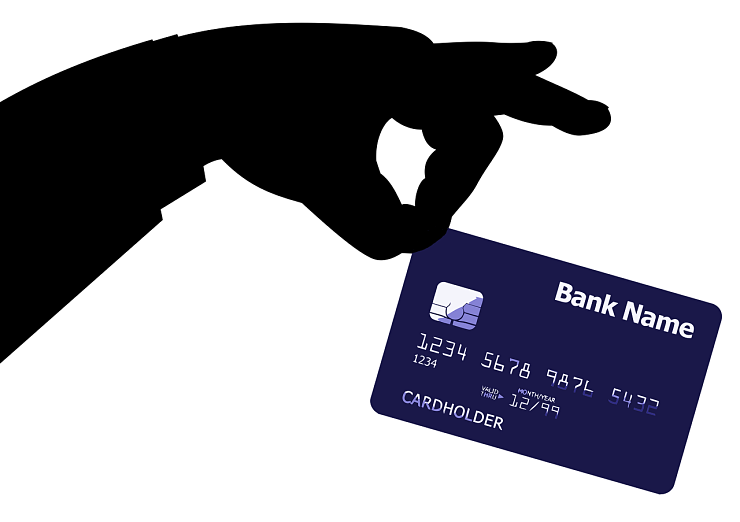As far as myths go, the myth of the business credit card ranks right up there with unicorns, Big Foot, and leprechauns .
Every struggling small business owner who crosses the threshold of my office believes that his corporate credit card is not a personal debt.
Wrong.
In 41 years of bankruptcy practice, I have never seen a credit card for which a living, breathing human being was not liable. Not one.
The card may have the corporate business name on it. Mine says Cathleen Moran, Moran Law Group.
But in fact, my corporation is not even jointly liable with me on that card. It’s just me on the hook.
Which is scary given that these “business” cards are marketed as another form of business financing. Their debt limits are easily five figures and many businesses have a drawer full of them.
The 23% business loan
What is insidious about business credit cards is their impact on the likelihood of a small business using them becoming profitable.
Just like the consumer credit card, business folks are conditioned to think they’re doing OK in business if they make regular payments on the 23% loan they have from Big Bank on the card.
But it takes a hell of a business to pay 23% for seed capital and make a profit.
Yet few business plans look at the cost of funds when assessing how they’re doing.
Business cards when business craters
There’s a perverse “benefit” to the fact the business isn’t liable for the credit card if the corporate business gets in financial trouble. The card isn’t a debt of the corporation.
More times than I can count, the corporate business can continue on, assuming that there is a path forward, and the shareholder can file bankruptcy and ditch the credit card balance.
The corporation is a separate legal person and the bankruptcy of its shareholder doesn’t directly impact the corporation. And it’s far easier and cheaper to reorganize the financial affairs of the shareholder in Chapter 13 than it is to reorganize a corporation in Chapter 11, the only form of bankruptcy that gets a corporation a discharge.
Now, the business has to have a plan for funding operations without the shareholder’s credit cards. But, if we face the fact that the business doesn’t have to service that debt either going forward, the numbers may look different.
Seems there are two sides to every coin, and every card.
More
“B” is for business in my Bankruptcy Alphabet
How to sign the corporation’s name
Draft an enforceable contract without a lawyer






